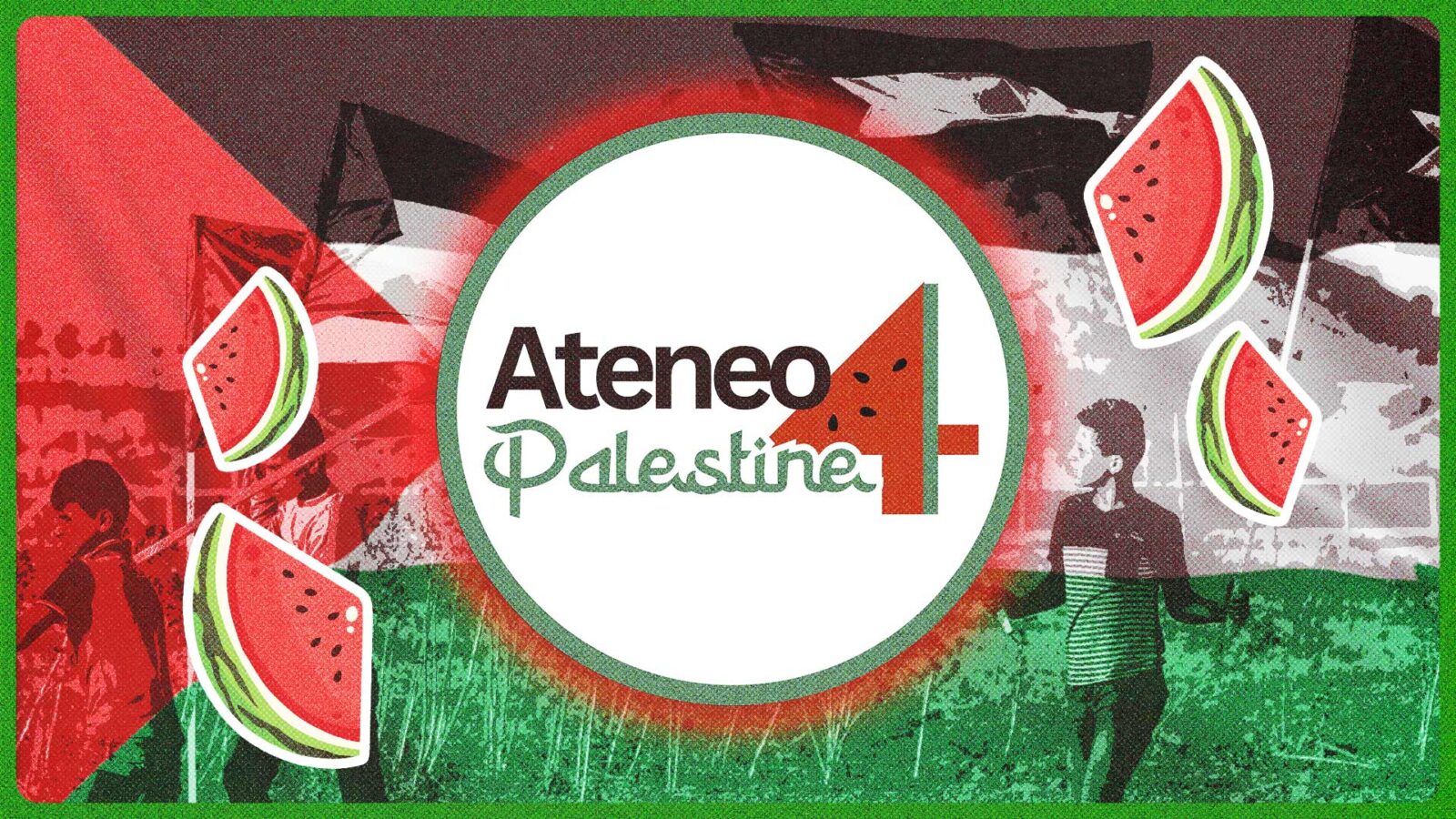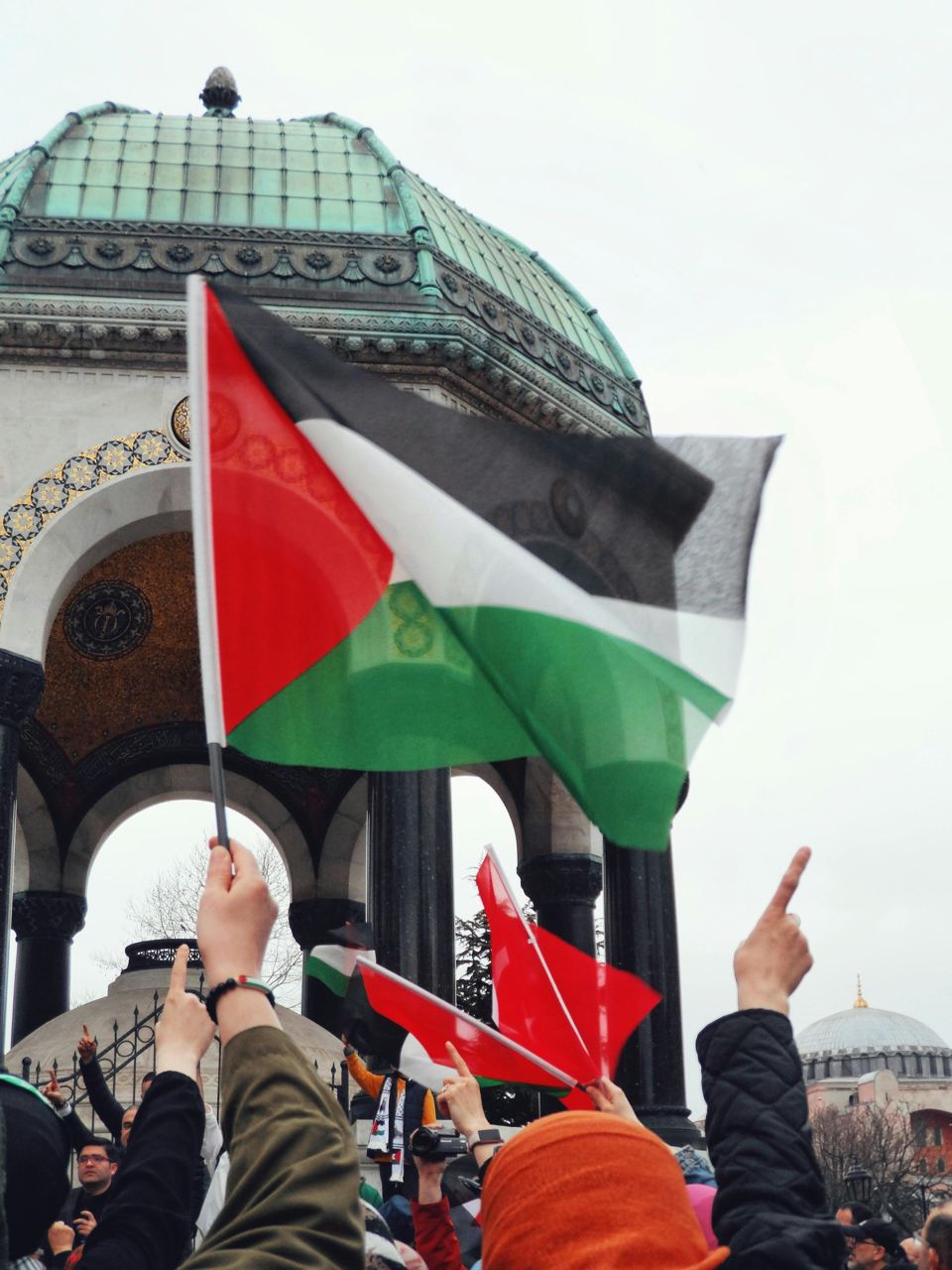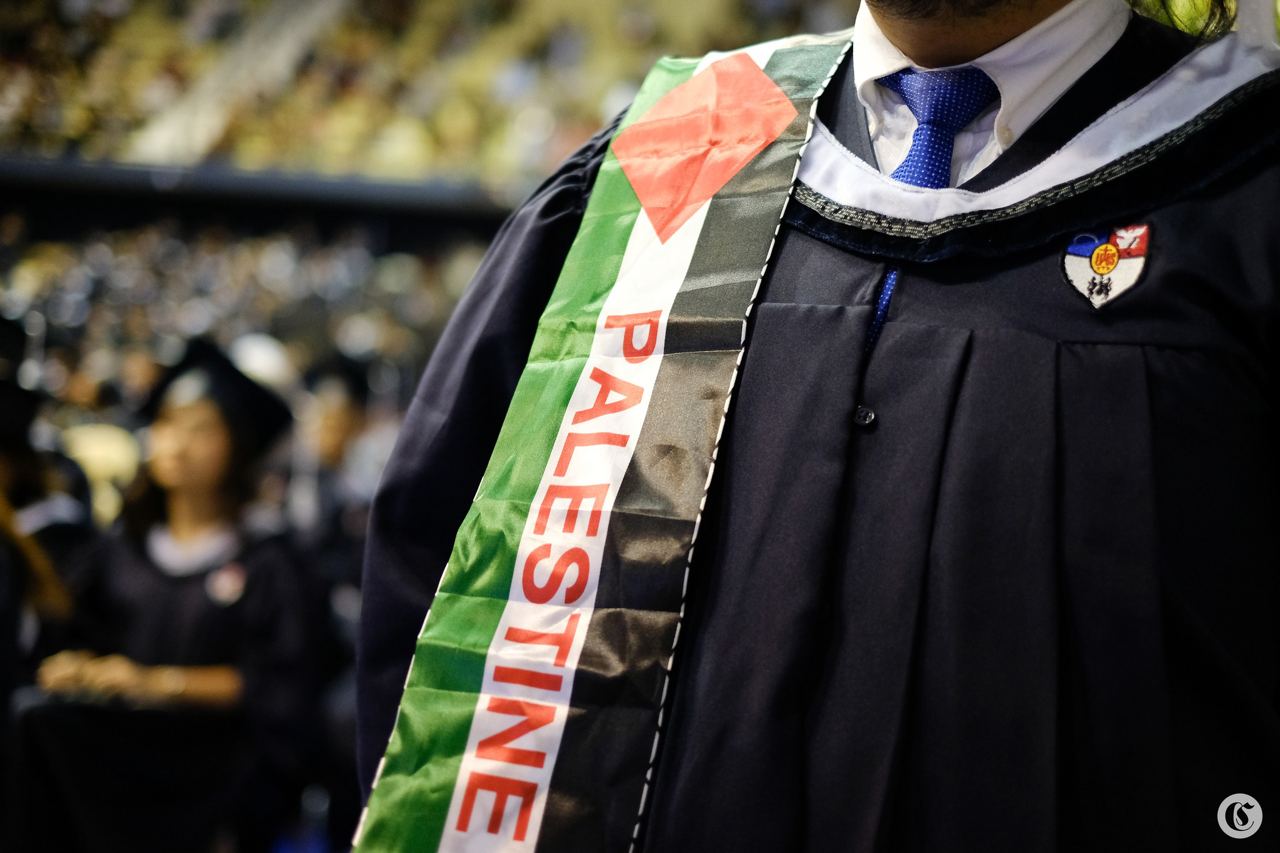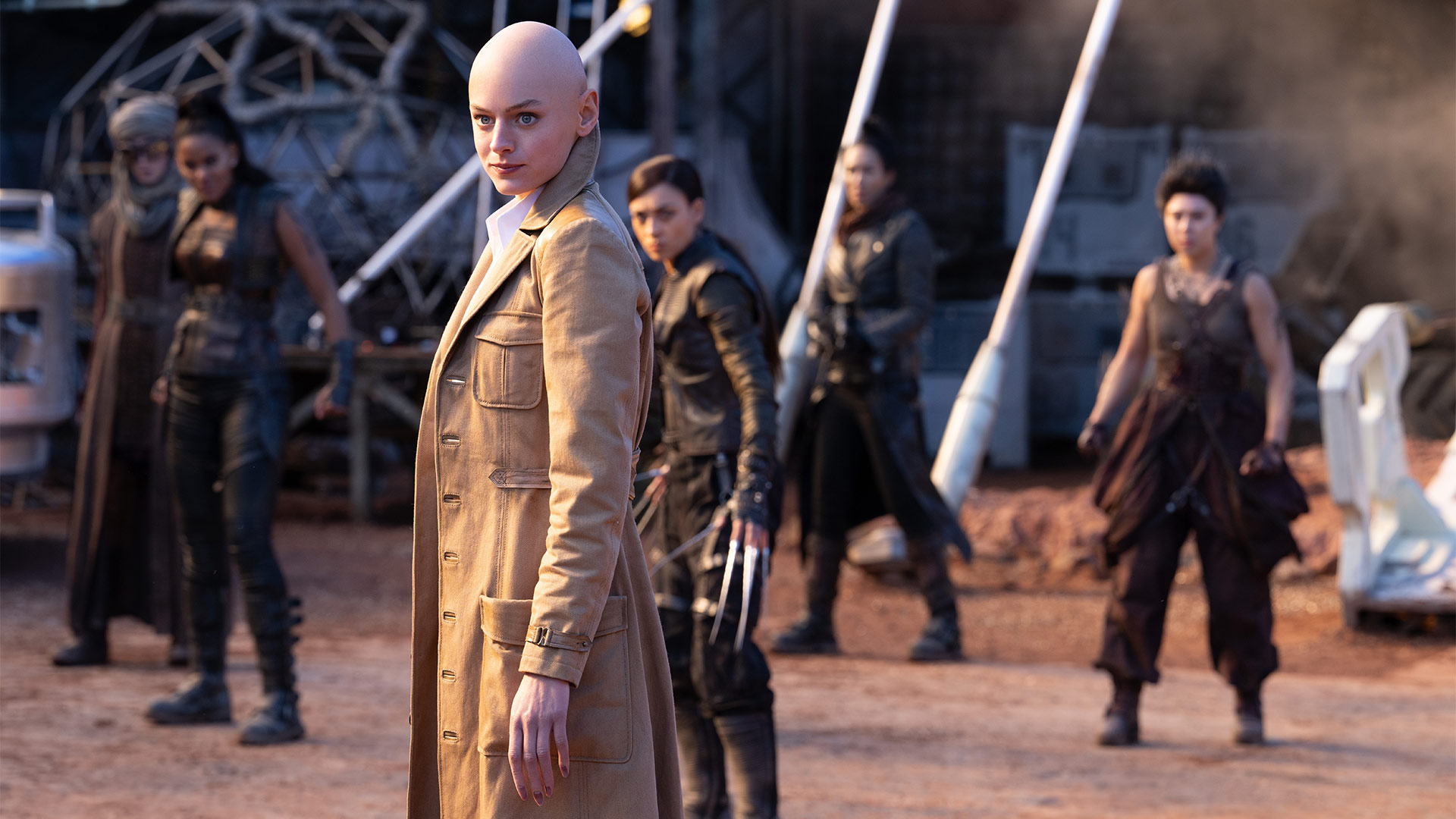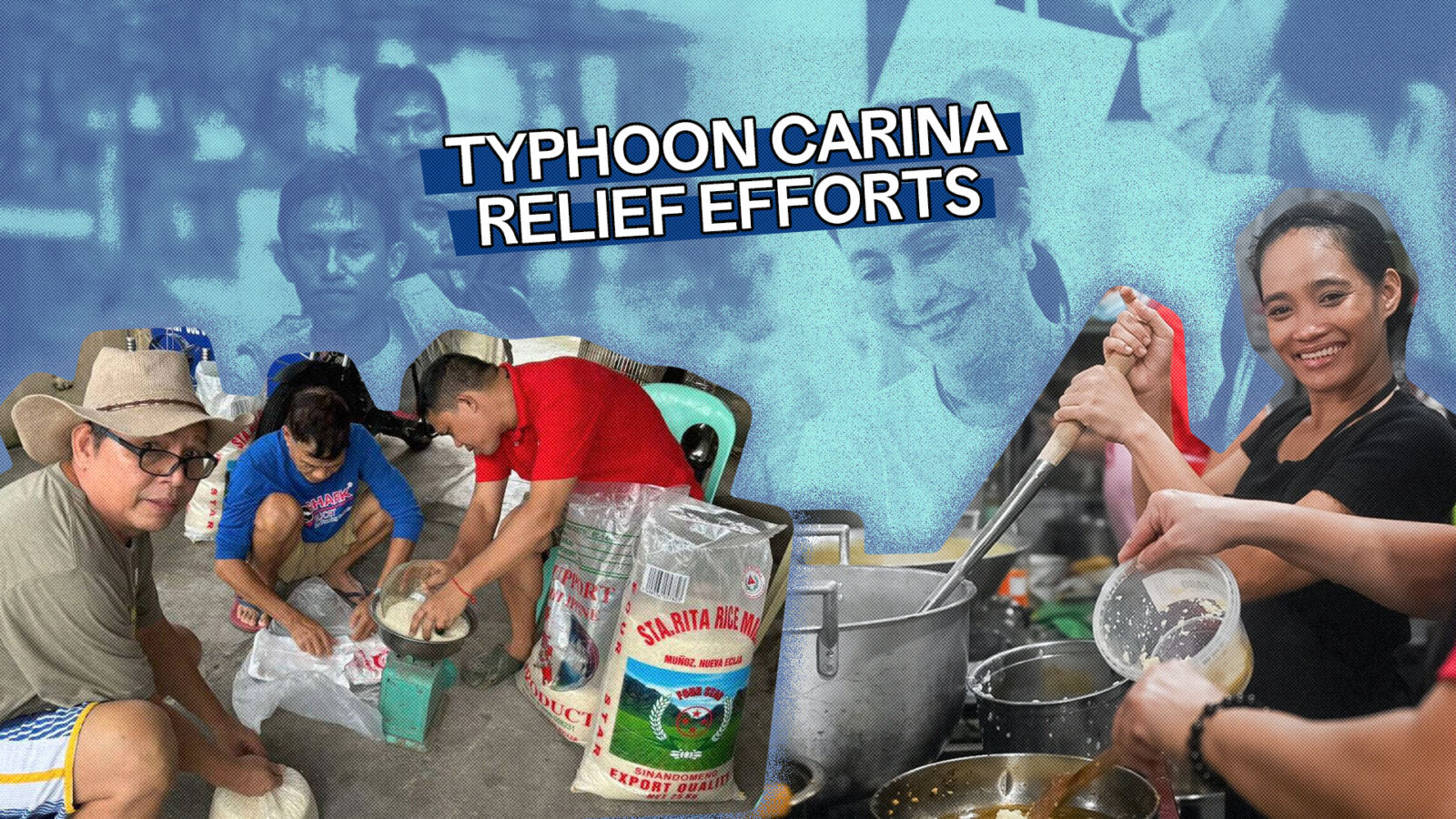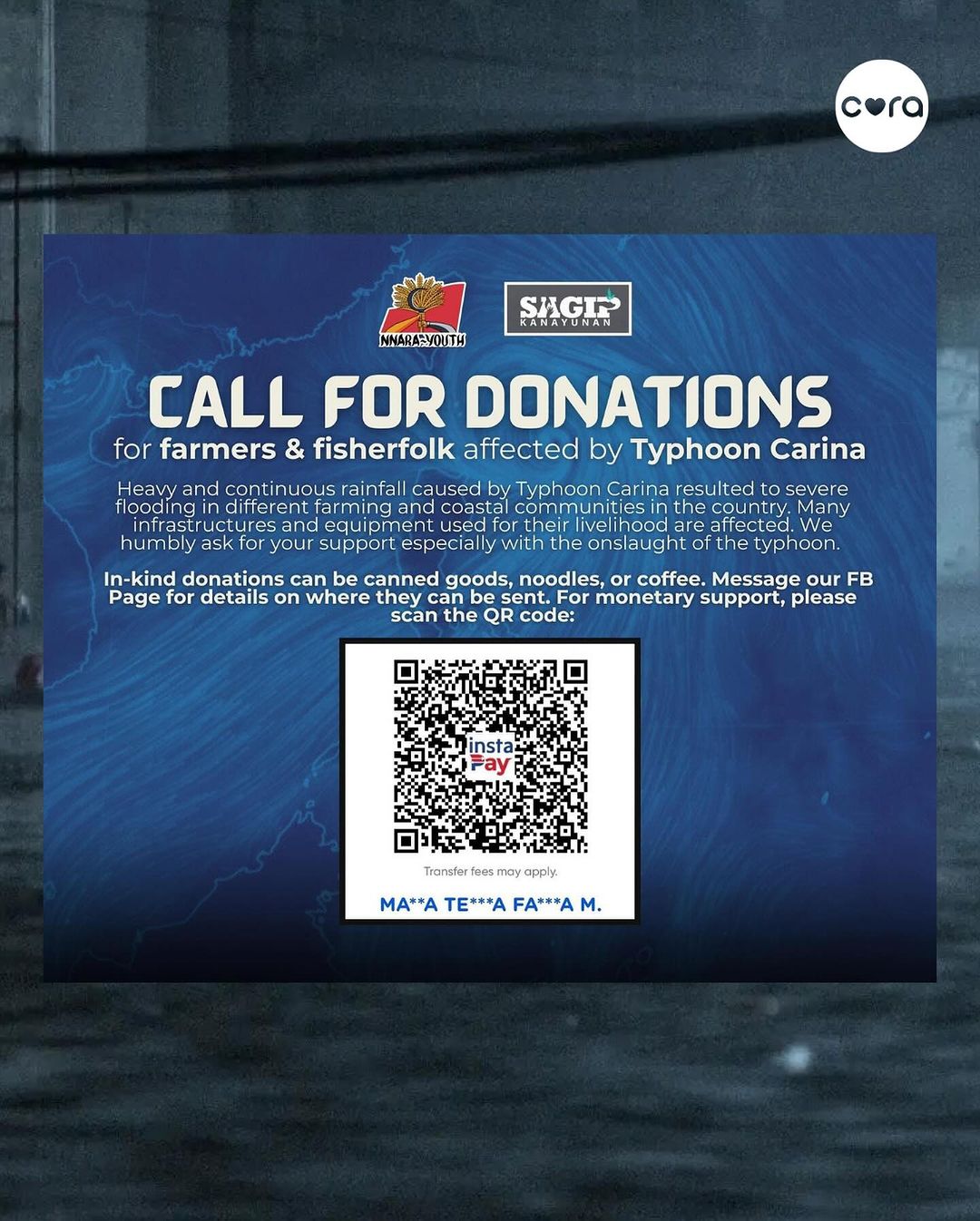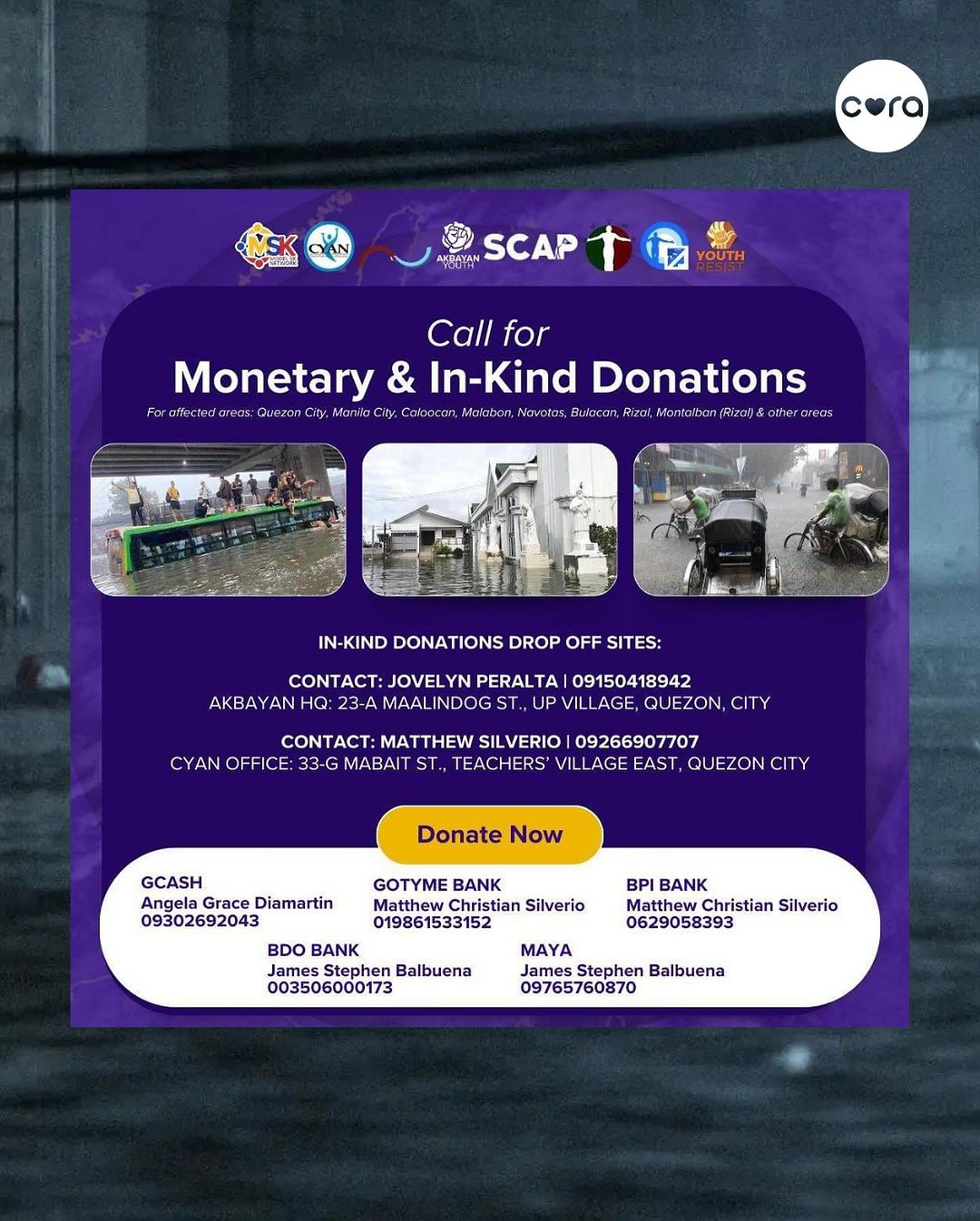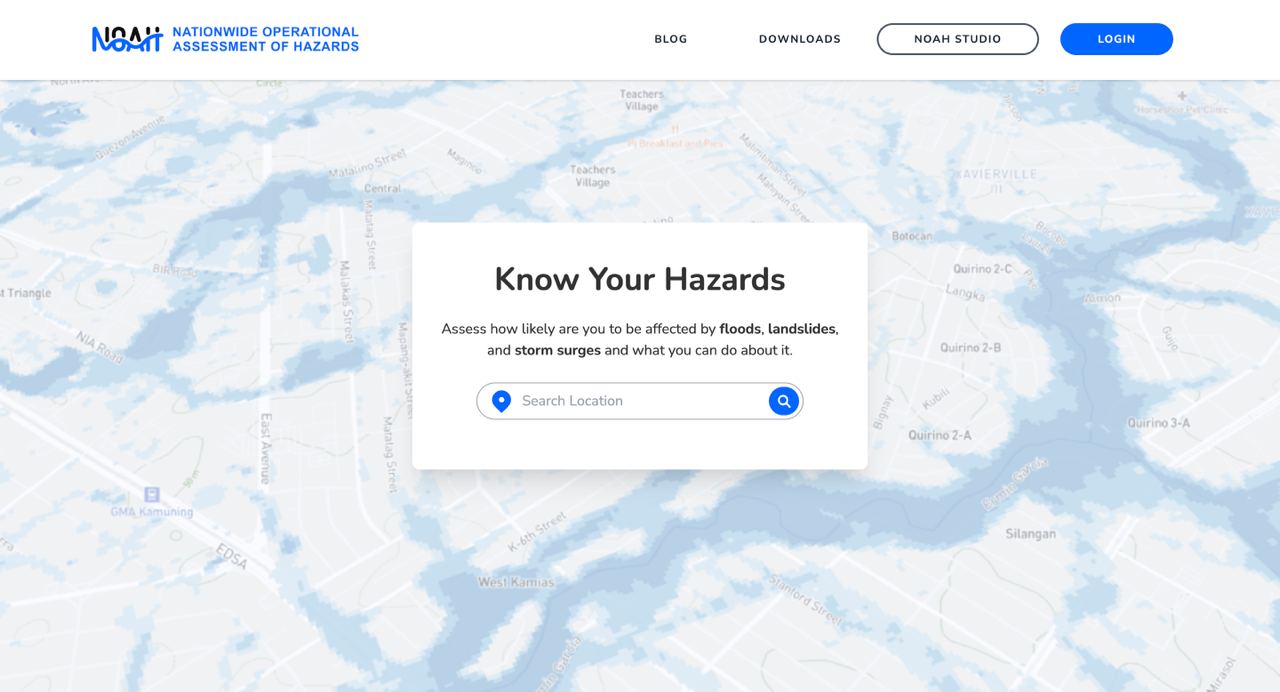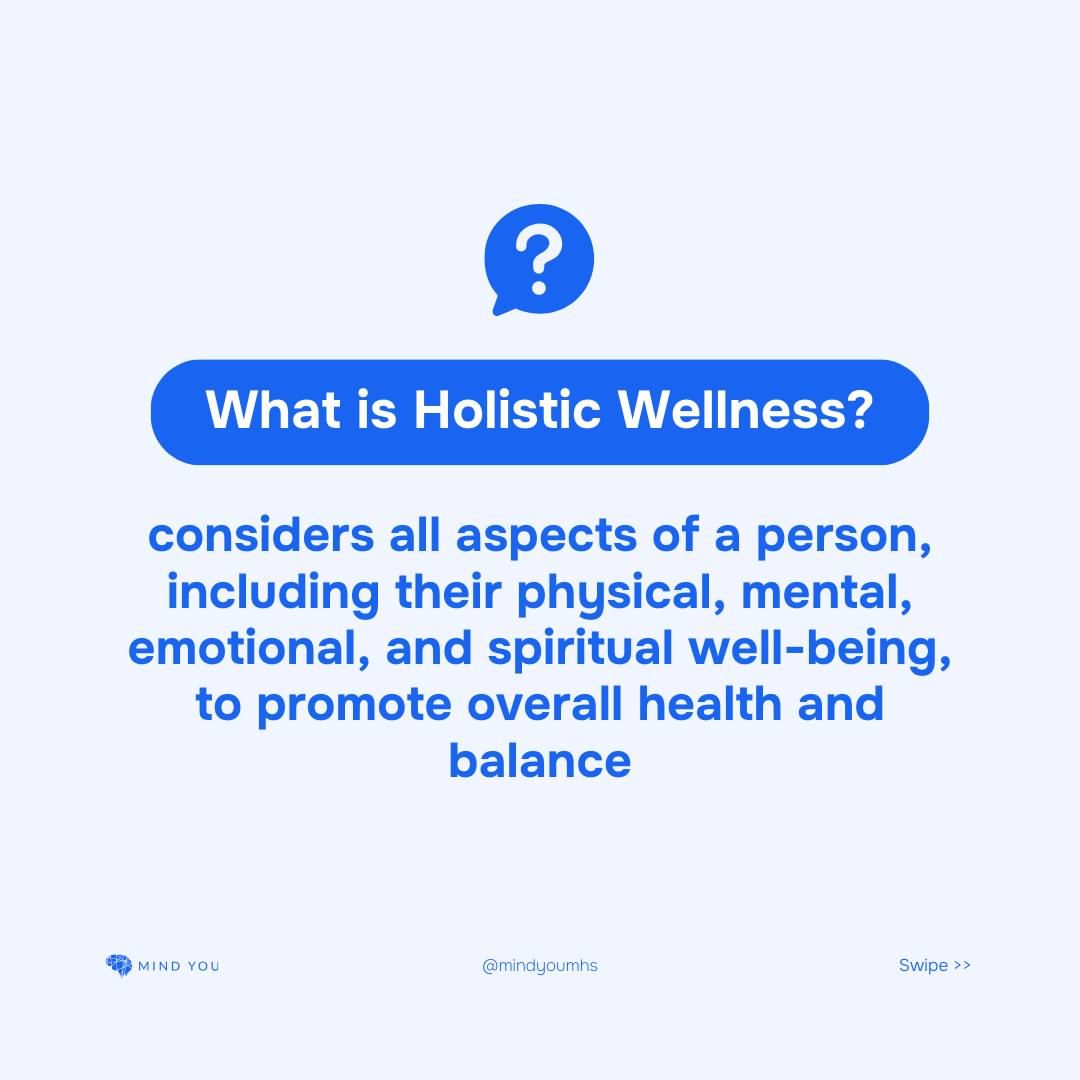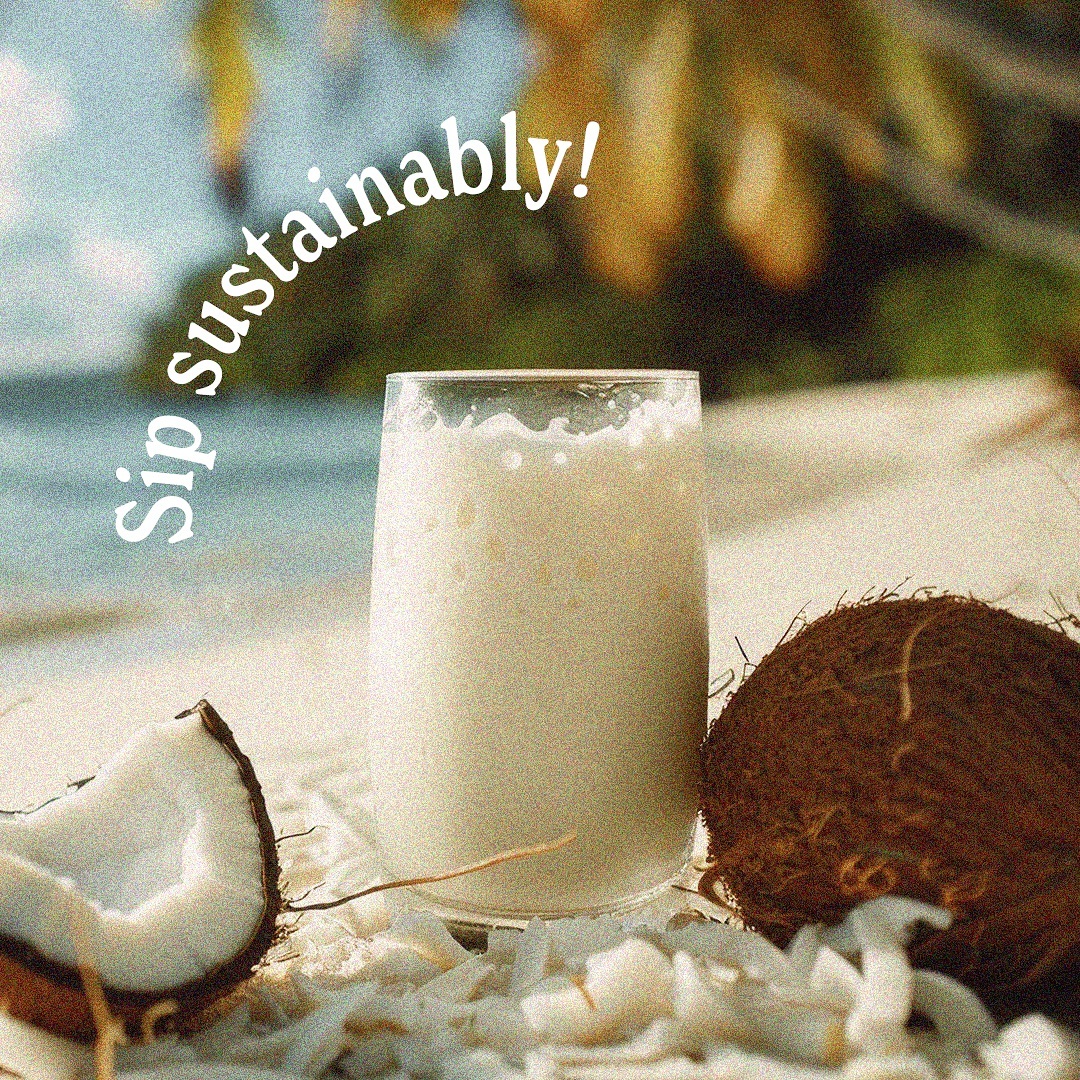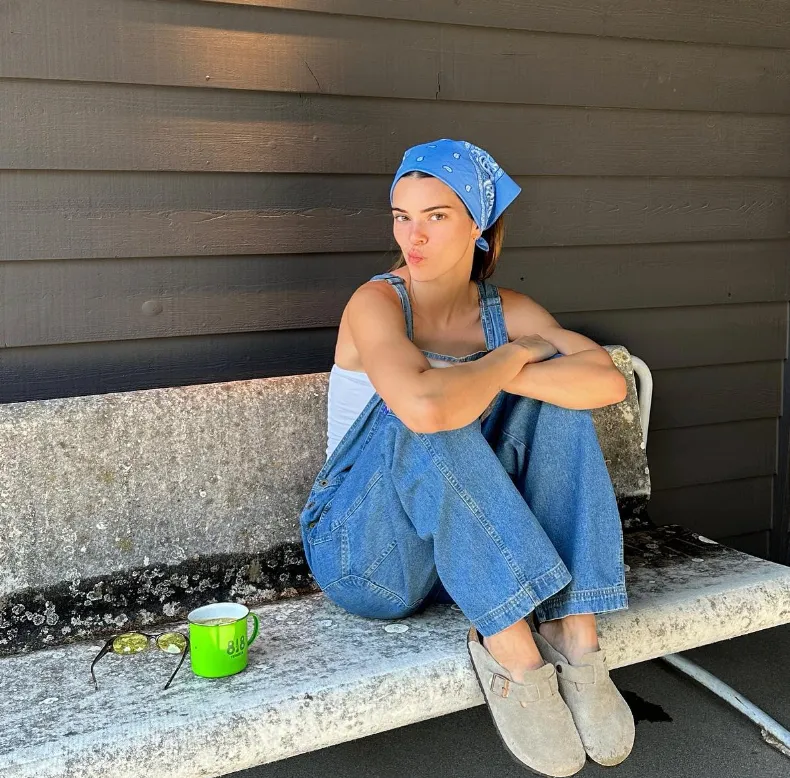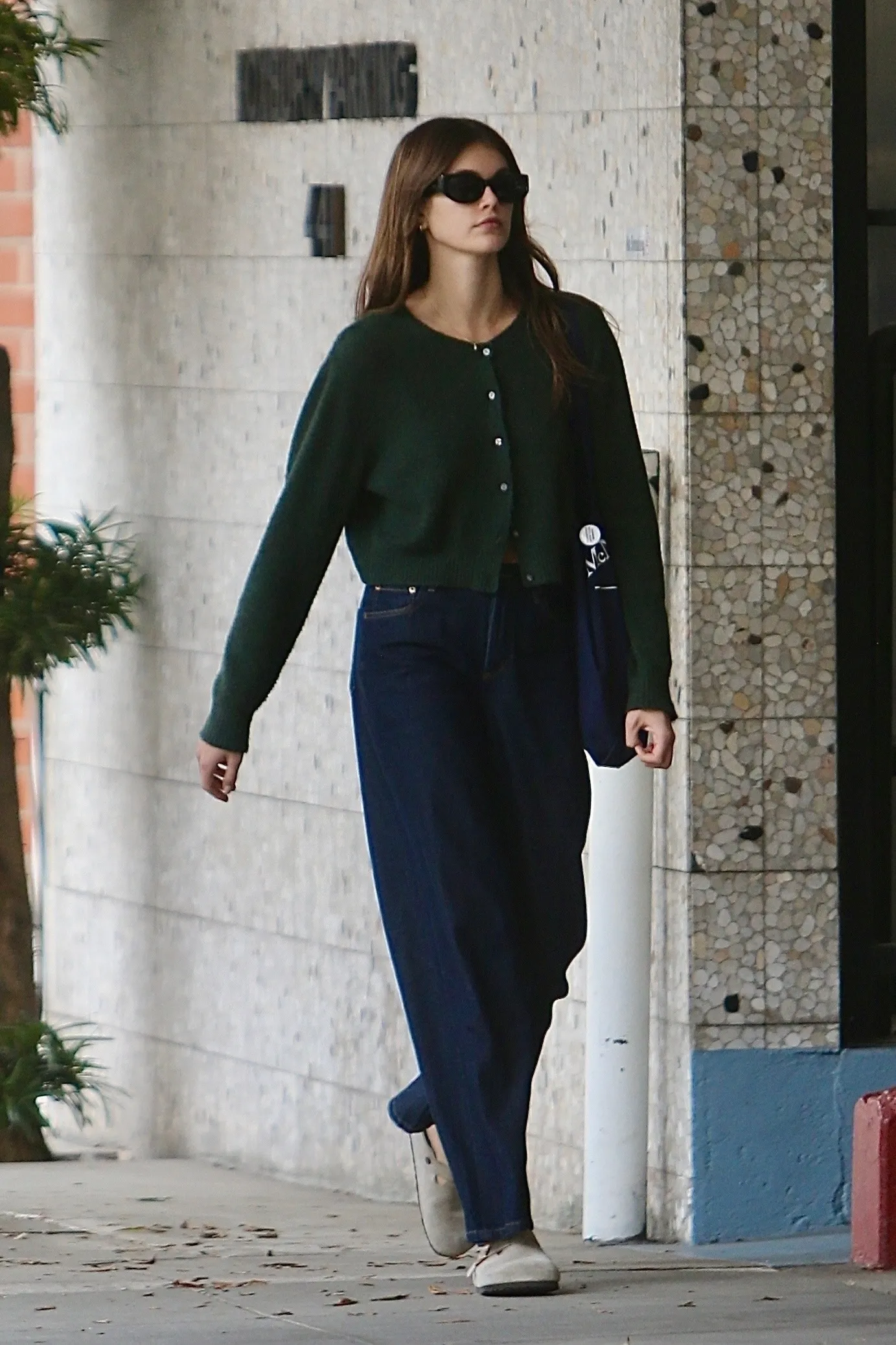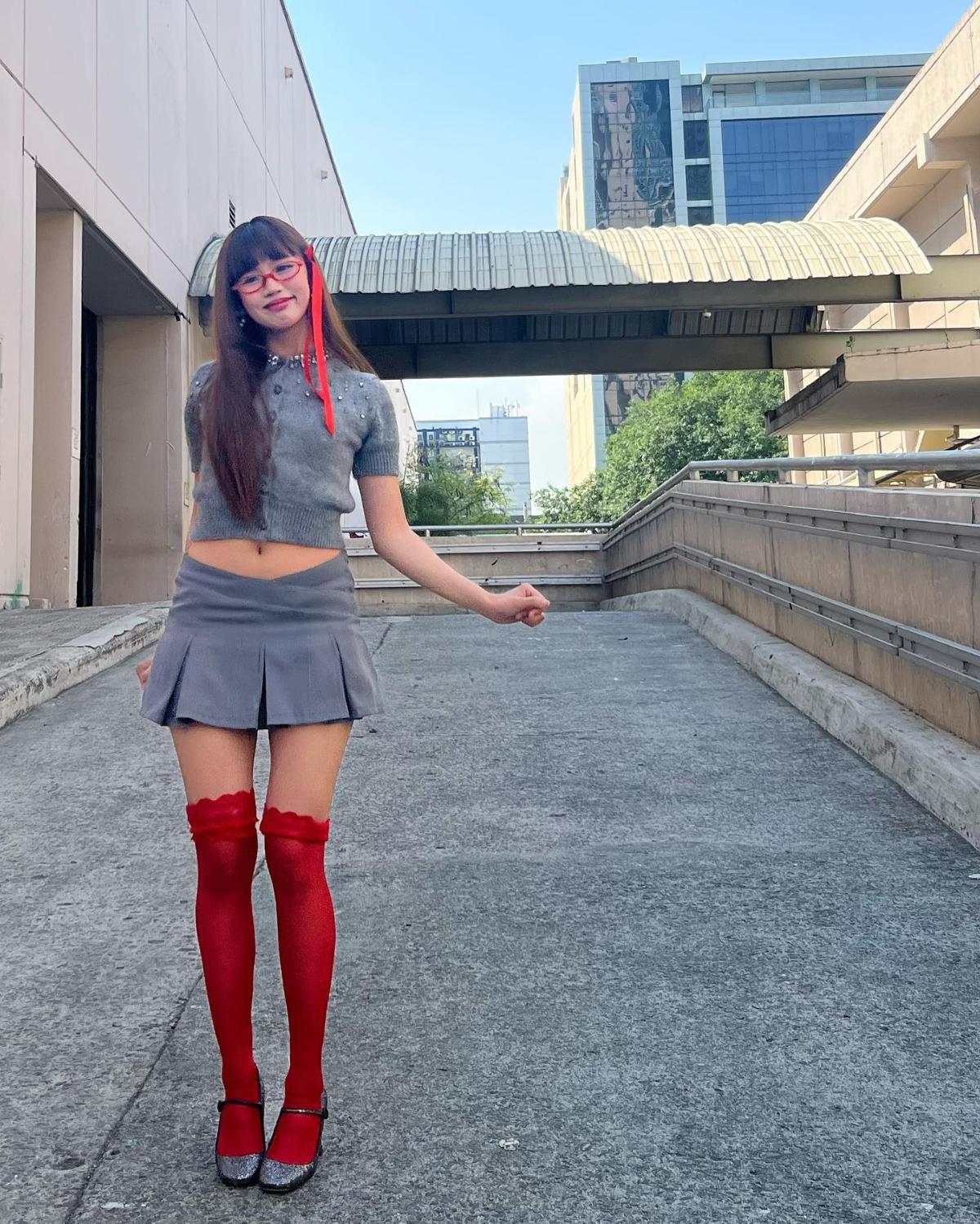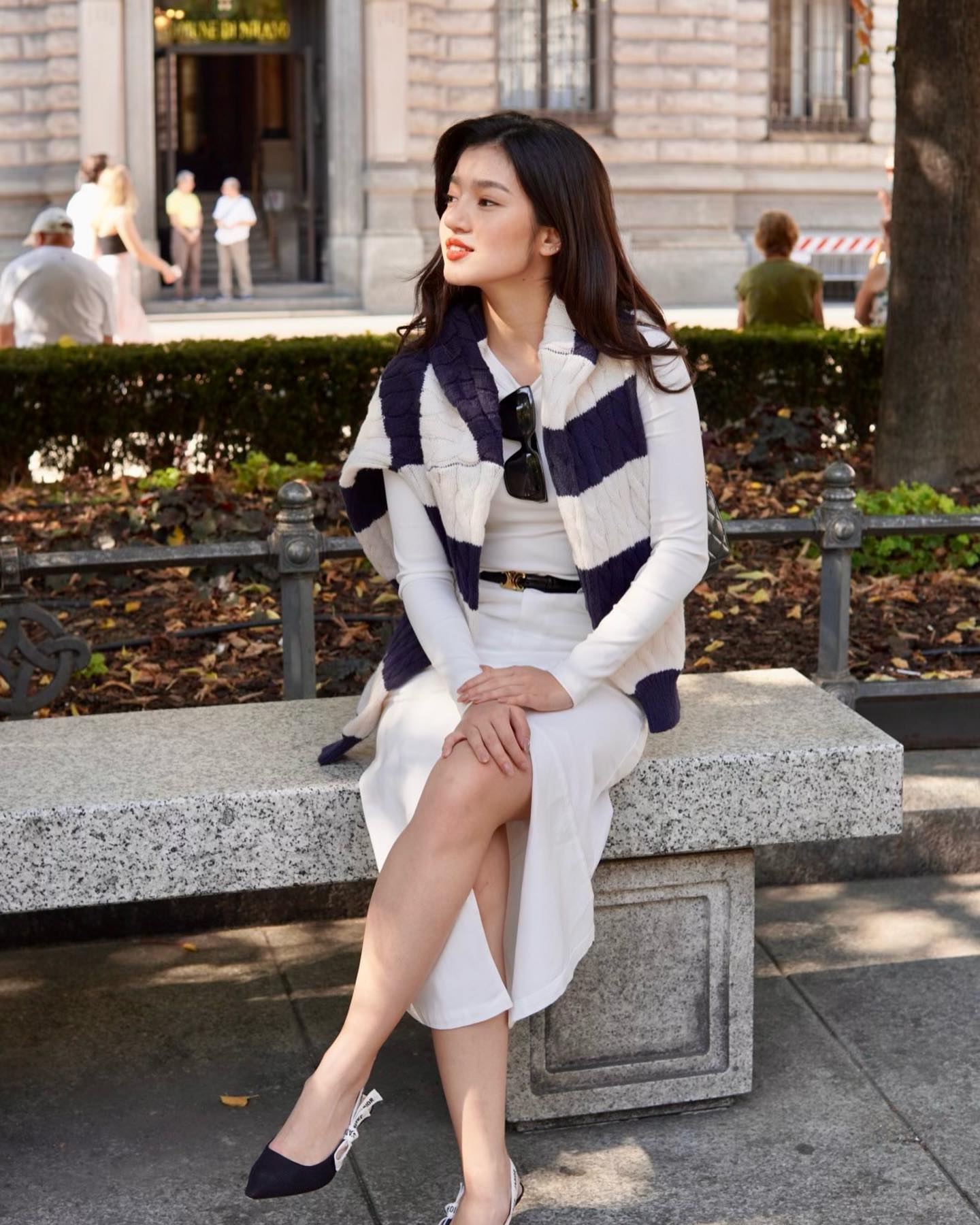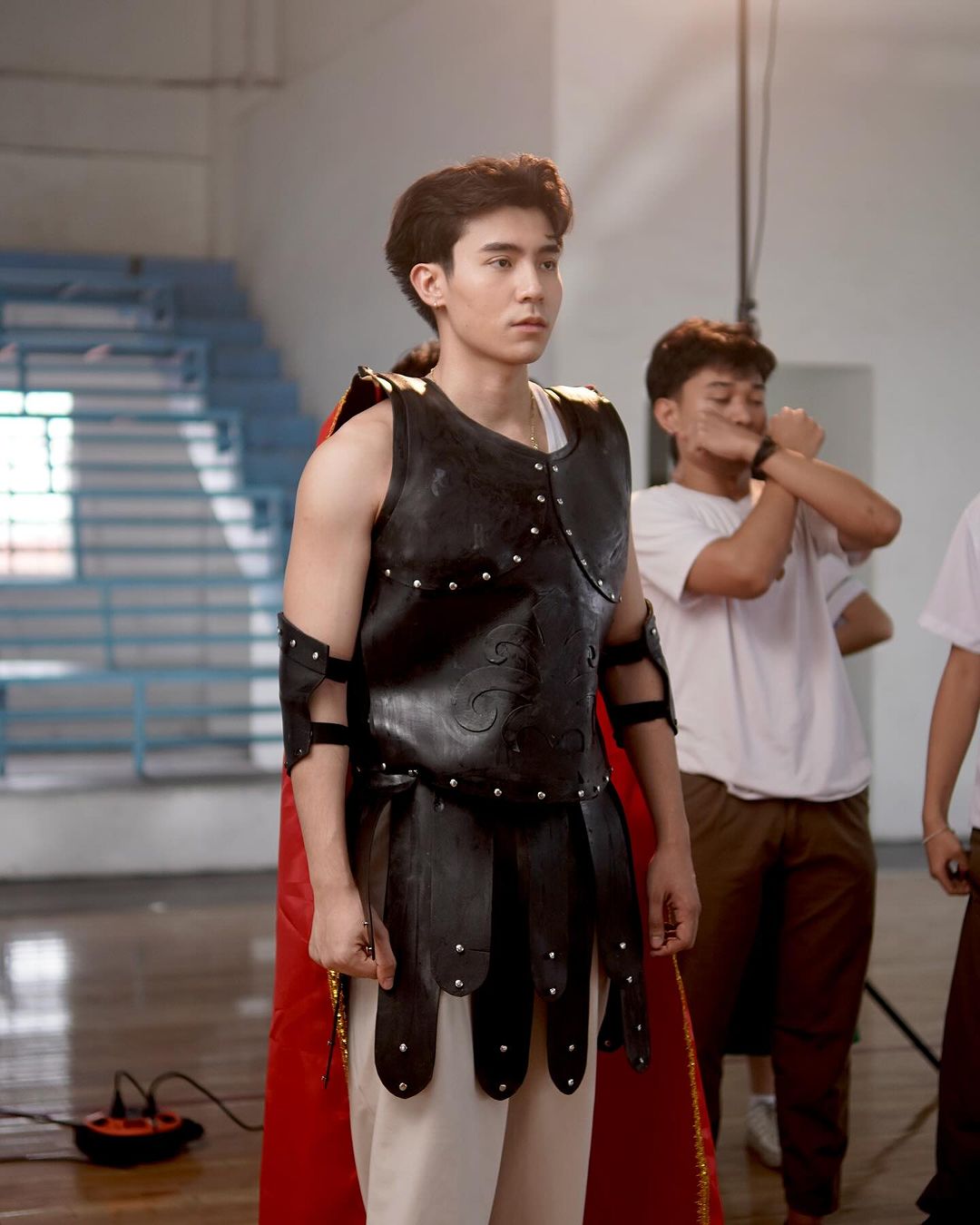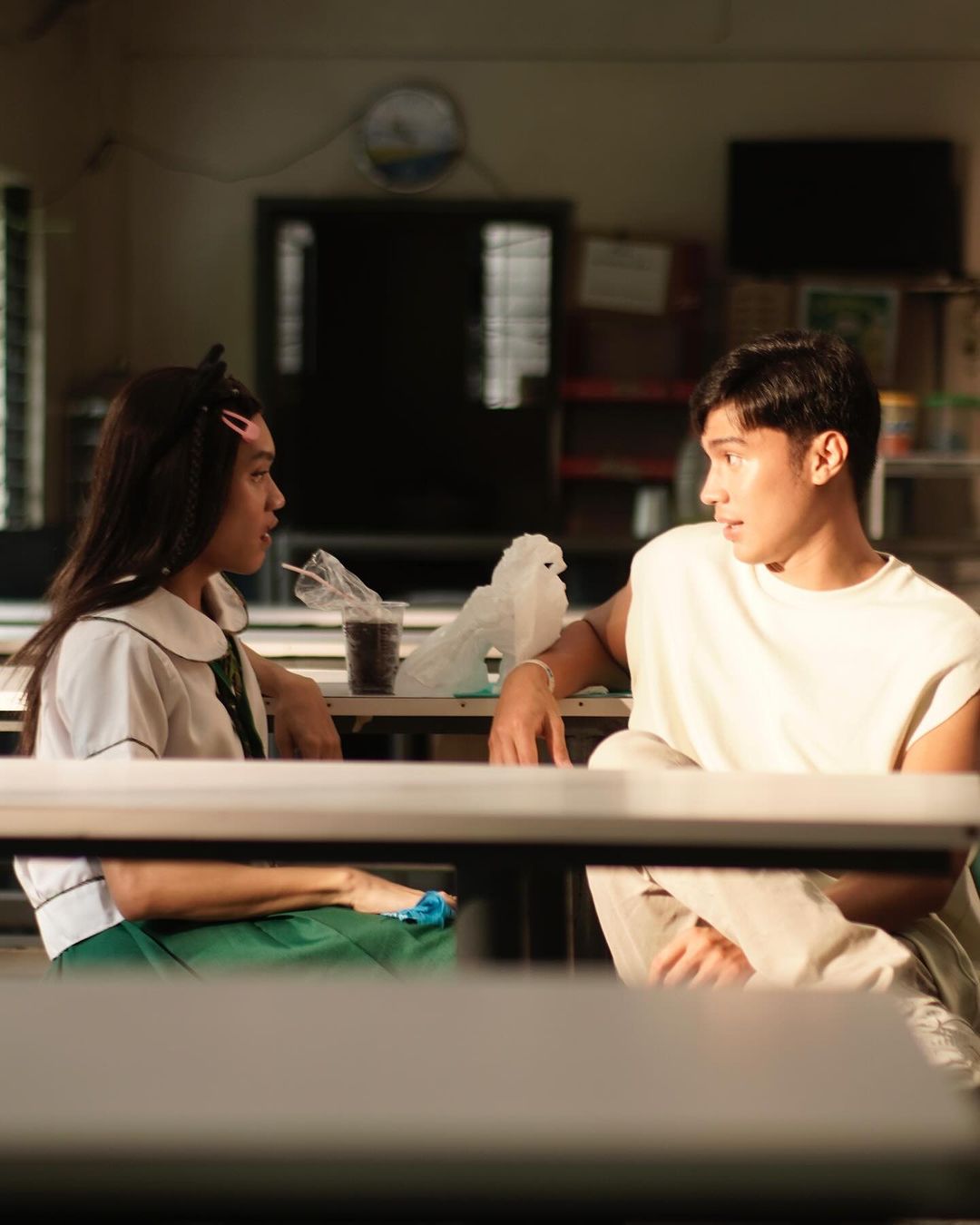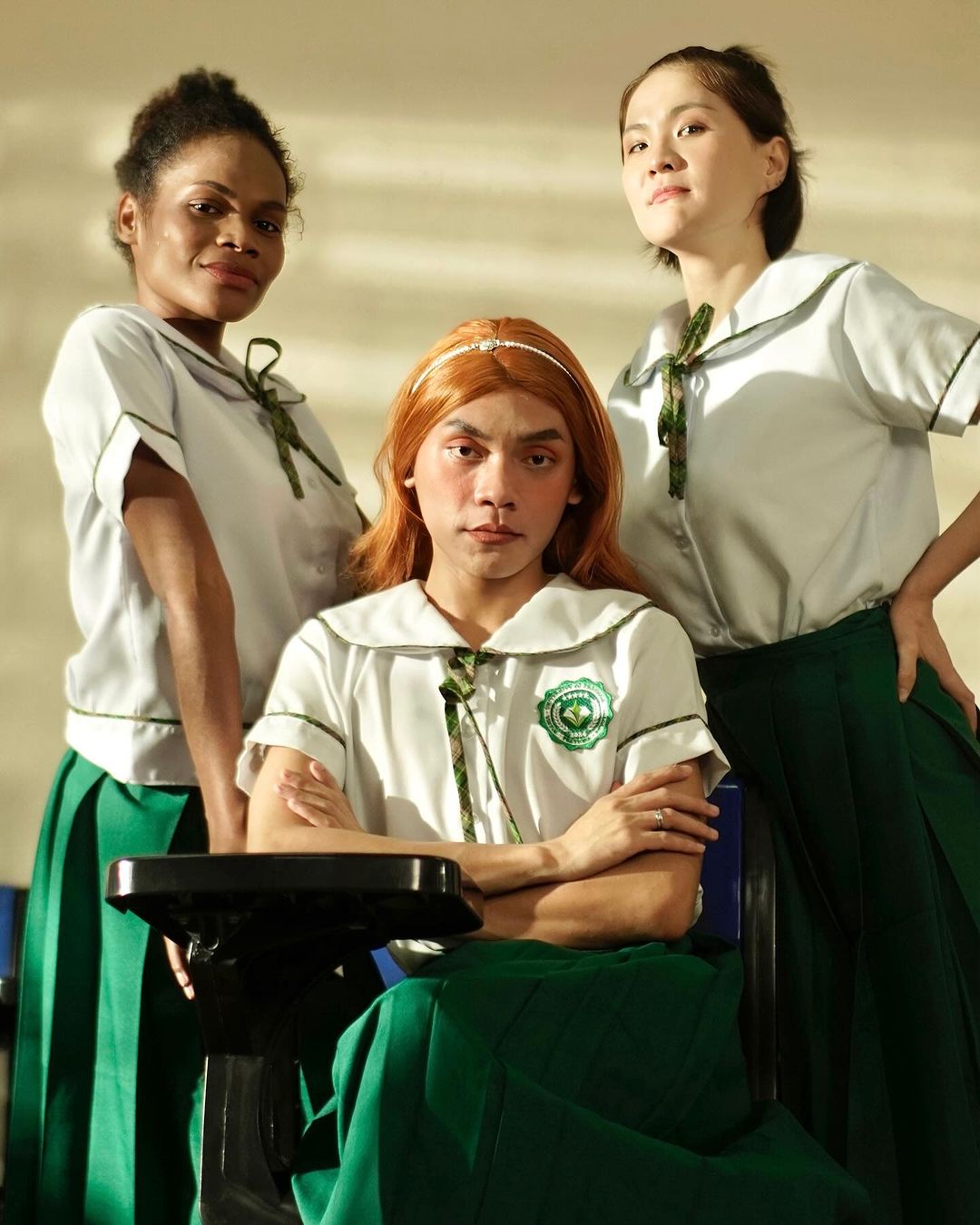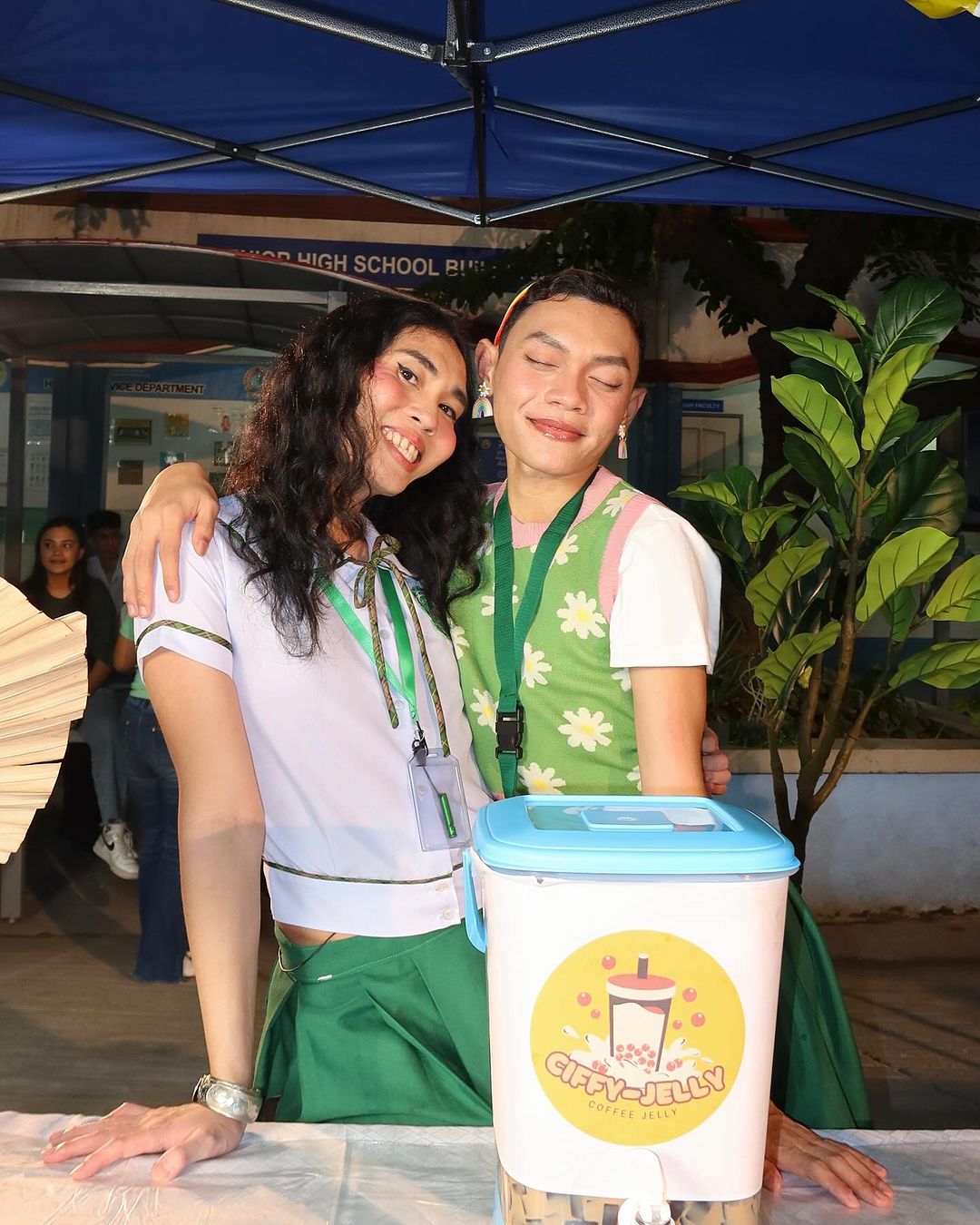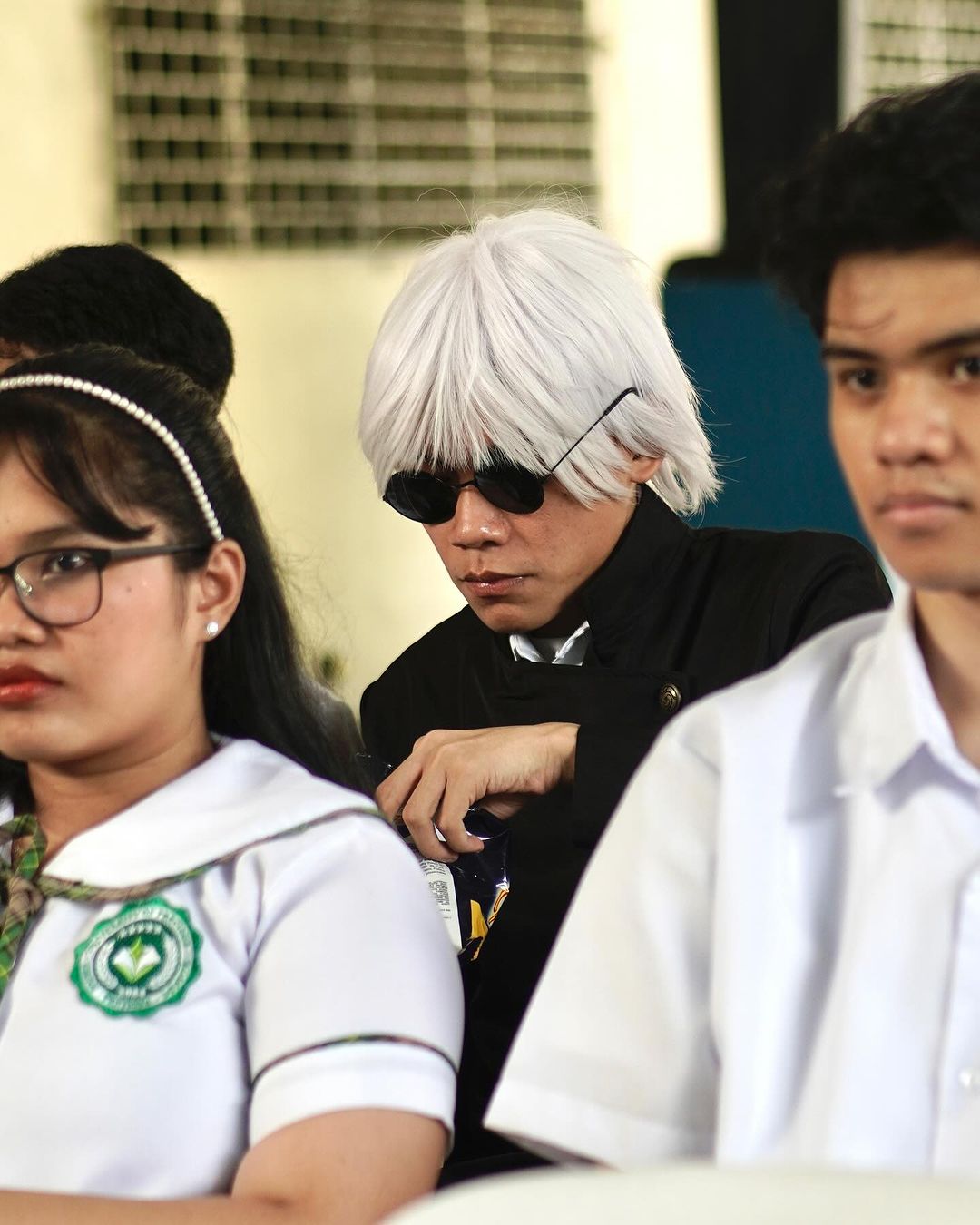Newly-formed alliance Ateneo 4 Palestine seeks to consolidate support and form collective understanding about the crisis in Palestine and the struggle for liberation.
Related: When It Comes To Raising Awareness About The Genocide In Palestine, The Kids Are Alright
The ongoing crisis in Gaza and Palestine has been met with global outcry. People all over the world are denouncing the war crimes and genocide being committed in Palestine. Online or on the ground, movements that call for ceasefire, an end to the genocide, and an end to the occupation of Palestine have garnered widespread support, even amidst divided perspectives.
Like in other areas of the world, here in the Philippines, the youth have once again taken the reins and channeled their empathy, drive, dedication, and indignation towards embarking on acts of resistance and solidarity. Newly-established alliance and network of organizations and individuals Ateneo 4 Palestine was started by students from different Ateneo institutions as a way to consolidate solidarity efforts and make a stronger impact in fighting for Palestinian causes.
The alliance is a broad network of organizations, student councils, publications, and volunteers from the nationwide Ateneo system that calls for the liberation of Palestine amidst the ongoing crisis (that did not just start last year). Standing in solidarity with Palestinians and all oppressed peoples, Ateneo 4 Palestine will take on initiatives such as educational discussions and forums—with guests like Khamis Shaat, a Palestinian living in the Philippines—fundraisers and benefits, and awareness- and community-building.
Though a relatively new organization, Ateneo 4 Palestine is driven by a desire to see the collective liberation of all oppressed peoples, particularly those suffering the most in war zones and vulnerable communities. It will explore the links between Palestinian and Philippine struggles, and provide an avenue for students and supporters to learn, discuss, and take a stand against injustice.
NYLON Manila talks to the convenors of Ateneo 4 Palestine, students Annika Torres and Kenneth Amores from Ateneo de Manila University, Ace Cornejo from Ateneo de Naga University, and Niña Torres from Ateneo de Zamboanga University, all about the foundations and plans of Ateneo 4 Palestine, the bridging of people and ideas, and the impact of discourse and collective resistance. Read the interview below.
What is Ateneo 4 Palestine?
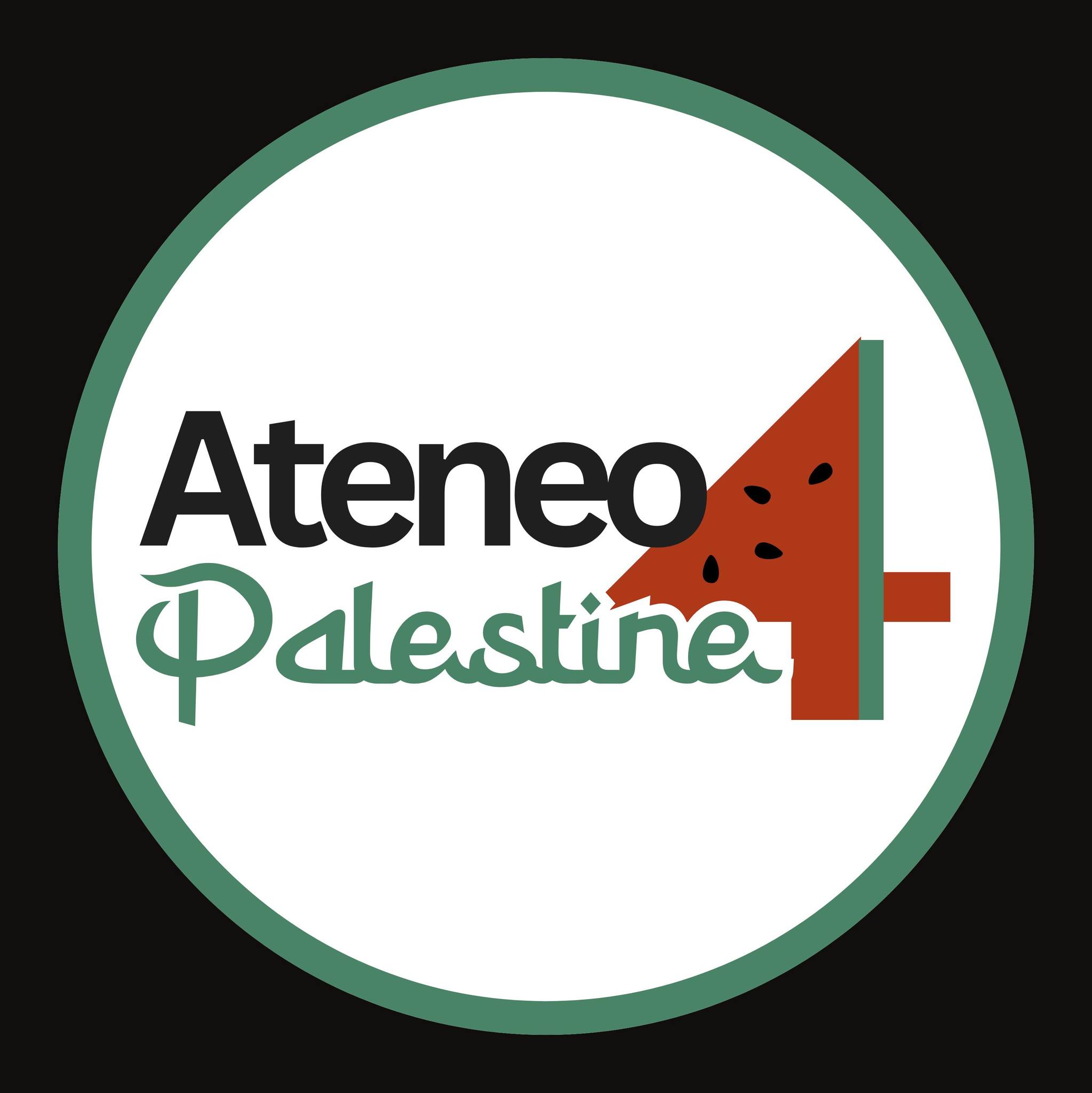
Ace: Ateneo 4 Palestine is an initiative spearheaded by students from different Ateneo campuses across the Philippines, which aims to call for support for the Palestinian cause and for additional information regarding it.
Annika: What we were looking for was a sustained and consolidated effort for Palestinian causes, because it’s a different level of quality and support if it’s sustained and consolidated into one network and not just spontaneous and scattered efforts.
Niña: We’ve been trying to figure out kung paano namin maco-contextualize in our local contexts, kung paano namin siya mare-relate sa fellow students. In each Ateneo school, we all have our struggles about voicing our concerns about the genocide in Palestine. We just wanted to have a proper avenue for Ateneans to help each other with instances of oppression or censorship.
How is your relationship with your respective universities? What kind of support or alliances have you gained or planned to have with them?
Annika: As early as October or November of last year, we’ve been conducting more informal types of discussions or study circles, but we were also able to successfully conduct a forum, although there are many obstacles.
There are many requirements for us to be able to hold those events inside Ateneo, because of the bureaucracy of it all. We didn’t have much support or capital to begin with to be able to conduct these activities because there’s only so much you can do as unrecognized organizations inside Ateneo. We’re trying to garner support, such as inviting the Sanggunian to be part of our cause.
There are activities that were held back because of some kind of backlash from the admin, like their desire to stay neutral on the topic. It’s inhibiting the students from more political engagement and participation.
But since we’re trying to grow a community-wide movement, we’re really open to support from the faculty and administration, like what’s happening in encampments abroad. Some of them have successfully talked to their admins and elected their help in divesting from Israeli corporations and things like that.
Ace: From personal experience, I get tagged as “pro-terrorist” because I was supporting the Palestinian cause. Siguro, I guess, sa AdNU, medyo delikado yung sitwasyon kasi hati yung opinyon ng population, and our admin is medyo supressive and bureaucratic. There’s a chance that as A4P launches, baka may maghabol sa mga volunteers.
Since we’re talking about student movements and encampments, which we know are widespread across the globe, what kind of impact do you think these movements and mobilizations have?
Annika: We took great inspiration from these student movements. Their sheer volume, and also how organized they were in mounting these protests—that’s a product of the tireless efforts of these student organizers who were able to raise that level of unity among students. That’s a statement in itself, because these students let go of their comfortable lives to be faced with harassment, threats of their diplomas getting taken away, or even arrest. These movements are impactful in numbers and in the statement that the students are making as they resist the oppression happening in Palestine.
📢 SUPPORT THE STUDENT ENCAMPMENTS 📢
— PSC (@PSCupdates) May 29, 2024
Students have set up encampments at 34 British universities, demanding divestment from Israel's genocide. Find resources to support your encampment (including legal advice), and a full list of all encampments here: https://t.co/ILxk2zGtGH pic.twitter.com/ISMmfQKR75
Historically, students and youth ally themselves with oppressed people, like with the anti-war in Vietnam, or even martial law. Sumasandig ang kabataan sa mga inaapi—workers, farmers, victims of violence. These actions are impactful because they earn the attention and eyes of the world. It’s a statement of our sheer willpower and trust and belief in our causes for Palestine or any other social movements.
What are A4P’s plans, goals, and how do you plan to achieve them?
Annika: One of our more immediate plans are educational discussions (EDs), roundtable discussions, and a forum proposed to us with the ambassador to Palestine. Since we have a number of volunteers already, we’ll be finding ways to delegate tasks and make these initiatives happen. Another pressing issue is how we can support the Palestinian-Filipino families here, how we can provide humanitarian aid and streamline it through Ateneo 4 Palestine.
One thing we want to achieve is generate more public discourse, not just for the sake of discourse, but education as well. We want to build discourse on the interconnectedness ng struggles natin as Filipinos and the struggles of the Palestinian people for self-determination. We want to be an avenue for students to learn more about society and Palestine connected to other national and global issues.
We also want to organize. There’s merit in numbers and a consolidated effort for a more impactful way to register our calls for an immediate stop to the genocide, accountability for US and Israel’s war crimes, and organized efforts for humanitarian aid and solidarity actions.
We’ve long known that any sociopolitical or geopolitical issue begets discourse. Though A4P members are aligned, how will you deal with differing ideologies and perspectives regarding the causes you fight for?
Ace: We’re not trying to monopolize or i-saturate yung perspectives ng mga tao na involved inside and outside this initiative. It’s good to understand given different perspectives, even from those who are against the pro-Palestine movement. There may be cases na mali yung pagkakaintindi nila or mali yung sinasabi nila sa media, pero it’s also important to understand that some perspectives come from a different kind of understanding.
Khen: What’s very essential in bridging the gaps in between yung kamulatan ng members na sasali o yung opinions nila is through painstaking ED work. Given the broad orientation, at the end of the day, isa pa rin yung goal which is to support the Palestinian cause.
Kaya an essential part of Ateneo 4 Palestine is really ED work, but not through the typical way na may isang magdi-discuss lang and people will take notes—it’s more of a Socratic method type of learning. The students themselves can ask questions and bring their own insights. There’s collective learning.
Regarding bridging people and ideas through discourse, we know there are parallels and intersections regarding the oppression Palestinians face and the common struggles we share as oppressed people. How will A4P champion the rights and freedoms of both Palestinians and Filipinos?
Khen: What we plan to do is to be able to share points of unity through the activities that we have, like right to resistance, call for accountability in genocide and war crimes, and to stop the US war machine and stop all wars of aggression in Palestine and all oppressed nations.
Through our activities, we want to be able to show that just because there is “peace,” so to speak, in the Philippines, everything is okay. Peace is relative. Peace can mean differently in the cities and the provinces. Yun yung it-try namin i-bridge na gap, na the Palestinian struggle is very similar to the struggles that we face locally.
Annika: People would say “bakit sa Palestine may pake kayo pero sa Pilipinas wala,” so how do we make people understand better that our struggles are interlinked? Although we are separated by seas, we are oppressed, we are exploited by the same imperialist domination that undermine our self-determination as nations.
Niña: Common ground between Palestinians and our own indigenous people, especially in Mindanao—sobrang lala ng land-grabbing here, especially in Davao. Environmental defenders are being detained or killed, and mas kawawa talaga yung mga IP. For example, there are efforts to teach IPs, pero pinipigilan sila ng State because they want to commercialize their lands.
What is your call to governments, leaders, and organizations regarding the ongoing genocide and crisis in Palestine?
Niña: If the government were to maximize its offices and the power it possesses, it could make a significant impact in supporting the struggle for liberation of the Palestinian people. Isa talaga sa mga demands namin is for them to cut the ties with imperialist nations that send military equipment for war.
Liberation is an ongoing struggle, so as governing bodies and leaders—their impact plays a big role in arousing, organizing, and mobilizing people. We also have to know that the US has played an active role in this genocide with their ammunition imports and exported goods. Our call to the Marcos-Duterte administration is to stop supporting the US-backed genocide.
As for the other organizations that share the same causes as ours, we should maximize our capabilities, and arouse, organize, and mobilize more people to support the struggles of other communities and countries. We should remember that everything is political, and always stand for what is right and just.
Interview has been edited for length and clarity.
Continue Reading: Org Spotlight: On Innabuyog-Gabriela Youth UP Baguio’s Pursuit Of Women’s Rights and Collective Liberation
